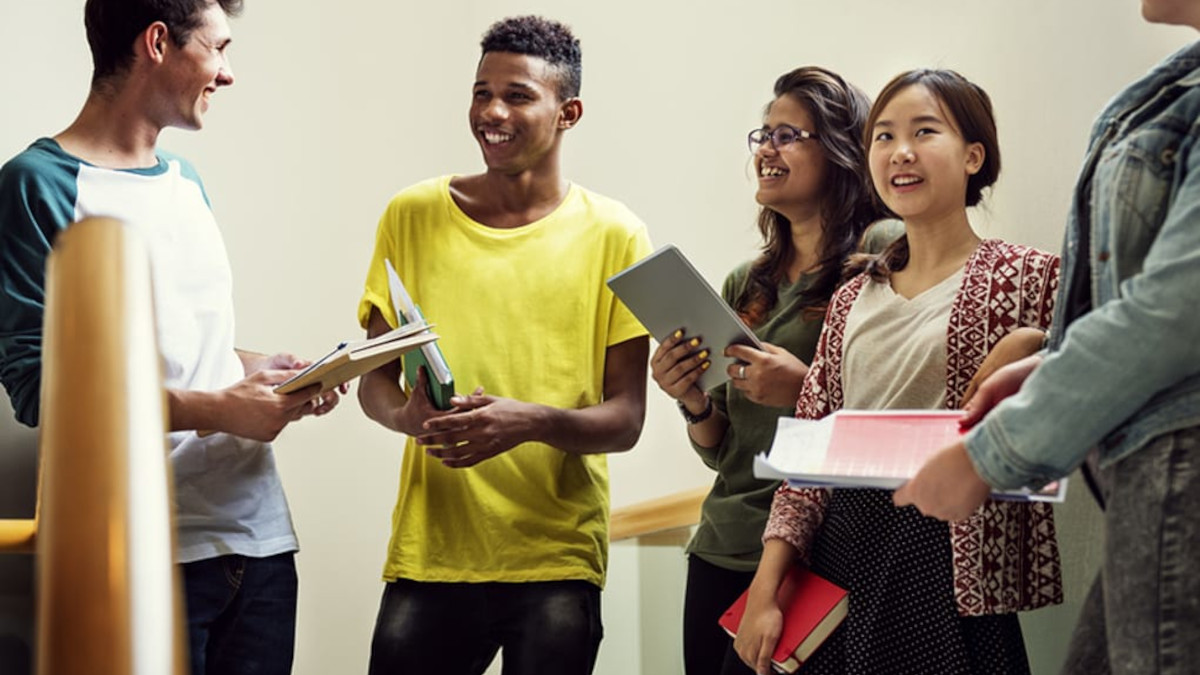Many young people who have participated in basic literacy and numeracy programmes come from broken homes and cannot afford formal education, says teacher Doris Demark.
Demark told The National that the programme helped many who had never been to school to learn basic life skills.
It is not easy to train a person aged between 18 and 25 as they are already adults. And it takes them some time to understand and simplify things. You have to repeat to make them understand various phonics.
Doris Denmark
Student Raijef Lamon said he had never been to school, but now could read and write.
At first, it was really difficult for me to read and write a word or sentence because I had no idea what to do. I used to ask those who went to school to explain things to me but they scolded me instead. So, today, I’m proud of myself.
Raijef Lamon
Student Ricky Tandale was also satisfied with the programme.
I will proceed to the next level until I succeed.
Ricky Tandale
The programme’s three stages are: basic one and two which comprise Bible, phonics, writing skills, basic grammar, basic reading and basic numeracy advance one and two, professionals skills including basic administration, computing and business skills. It ends with flexible open distance education.
The training was part of the life-skills programme by the City Mission in Mirigeda, Central.

